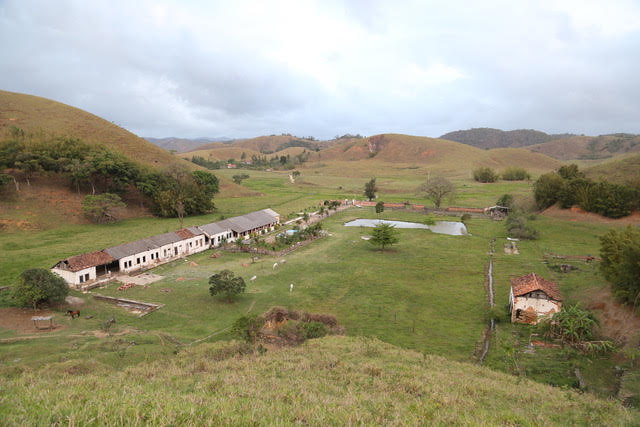march, 2019

Event Details
Columbia Center for Archaeology seminar "The Sensorial Regime of 'Second Slavery': Landscape of Enslavement in the Paraíba Valley (Rio de Janeiro, Brazil)" Rui Gomes Coelho, Cultural Heritage and Preservation Studies, Department of Art History, Rutgers
more
Event Details
Columbia Center for Archaeology seminar
“The Sensorial Regime of ‘Second Slavery’: Landscape of Enslavement in the Paraíba Valley (Rio de Janeiro, Brazil)”
Rui Gomes Coelho, Cultural Heritage and Preservation Studies, Department of Art History, Rutgers University
The institution of slavery was constitutive of the modern liberal society and was crucial to the
development of the capitalist world-system in the 19th century. I argue that in order to persevere
and be legitimized in the eyes of an increasingly liberal Western society, slavery gradually
moved away from traditional practices of physical punishment and coercive surveillance and
became a more holistic institution. In its new shape, the institution of slavery paralleled other
institutions associated to the emergence of the liberal society, intended to create self-disciplined
bodies. Because of its disciplinary power, the “Second Slavery” mirrors aspects of other modern
institutions such as the factory, the prison, and the school. This new form of slavery became
possible because it was materialized in a landscape, under a sensorial regime that combined
production and experience. My question is: what role did landscape play in creation of the
sensorial regime of “Second Slavery”, and how did coffee planters and slaves negotiate their
subjectivities? Based on archaeological fieldwork in the Paraíba Valley in Rio de Janeiro, Brazil,
I argue that the tensions emerging from the difficulties of adapting a slavery-based society to a
disciplinary and liberal project led to the definition of a sensorial regime, in which coffee
planters tried to model the perceptions and experiences of slaves and non-captive workers.
Slaves and other workers, on the other hand, tried to cope with those challenges and defined
alternative sensorial engagements with the plantation landscape. These alternatives challenged
the institution of slavery, and left a long-lasting legacy.

Time
(Friday) 4:00 pm - 6:00 pm EST
Location
Columbia University, 951 Schermerhorn Ext.


